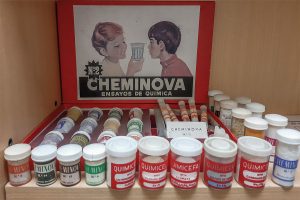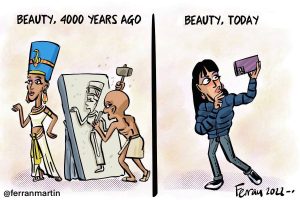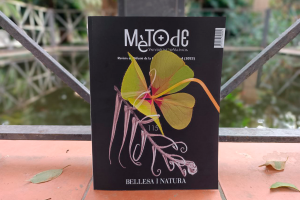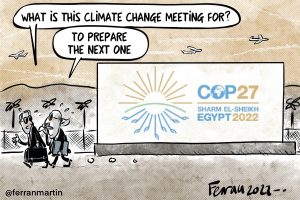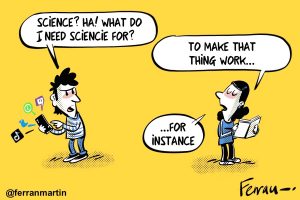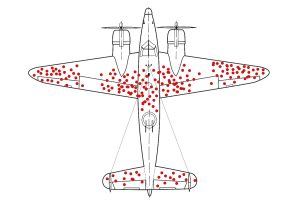Search
Recreational chemistry allows us to visualise and participate in practical experiences that are not always easily accessible, but it is important that it does not obscure the scientific knowledge that we want to transmit.
One way to stimulate interest in physics is to expose people to experiences that arouse their curiosity and lead them to seek explanations for phenomena.
The canons of beauty have changed over time, as well as the way we capture beauty.
The new Metode monograph analyses the relationship between beauty and nature from different scientific perspectives.
COP27 is this week. The Eyedropper makes us think about climate conferences and their goals
A recent study points out that the happy living salary is around the 60,000€ per year.
And what is this useful for? A new cartoon in Ferran Martín's The Eyedropper about the usefulness of science.
Some scholars nowadays use «public engagement» as an umbrella term for old and new forms of interaction between science and publics.
Humans have a series of biases, including survivorship bias. Some of them seem to be adaptive, and others, limitations in our ability to assimilate information.
On 13 December 2021, the eruptive activity of the volcano of La Palma came to an end. Since before the eruption, science was essential to manage the crisis.

